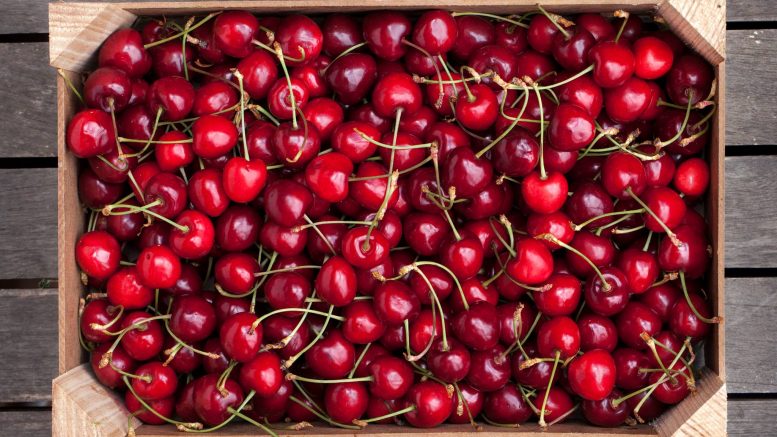“In the case of cherries, in the most likely scenario, we should surpass 100 million boxes soon…”
Antonio Walker is president of the National Agricultural Society of Chile and former minister of agriculture in the country, trained as an agricultural technician at the National Institute of Professional Training.

Antonio Walker, president of the National Agricultural Society of Chile
AgriBrasilis – Why are Chile’s fruit exports so concentrated in China?
Antonio Walker – This is due to several factors, including favorable trade agreements and the growing Chinese demand for high-quality fruits, especially for cherries.
China is a huge and fast-growing market, with an expanding middle class. This makes it an attractive destination for premium products, which is the case of Chilean fruit. Furthermore, Chile’s seasons are opposite to China’s, so importing Chilean fruit allows the Asian country to guarantee fresh fruits out of season.
We export US$ 6 billion of fruit per year, and the national market is worth around US$ 3 billion. In the case of cherries, in the most likely scenario, we should surpass 100 million boxes soon. In the case of a more pessimistic scenario, if the real estate and financial crisis spreads to the rest of the Chinese economy, the demand for various goods, including cherries, could decrease.
In addition to continuing to grow in China, farmers and exporters are also working to diversify destinations for fresh fruit exports. Among the measures we are taking, we seek to:
- Improve trade agreements: Chile has signed agreements with most of the world’s economies, but not all of these agreements are full comprehensive treaties. We must improve access in the case of “partial” agreements, seeking to reduce tariffs and facilitate access to markets. We have to negotiate better agreements with India, Southeast Asia, the Middle East, etc. Trade barriers and tariff barriers have been decreasing as the countries we trade with start to recognize the possible mutual benefits.
- Strengthen promotion and marketing: We are carrying out promotional campaigns in the markets we have already opened to increase the demand and recognition of Chilean fruits. We are also planning campaigns to reach new markets.
- Market research: we want to identify niches or emerging markets where there may be a high demand for fruits.
- Logistics: we seek to improve the logistics chain to maintain quality during transport to more distant destinations.
- Innovation: we will develop new varieties and/or improve packaging.
- Associations abroad: it is necessary to form alliances with distributors or retailers from other countries to open distribution channels.
AgriBrasilis – You said you want to “do in India what we did in China”. What does this mean?
Antonio Walker – India is the market with the largest population in the world. Just as happened with China a few decades ago, Chilean products are still little known in India. Our idea is to introduce Chilean products to this market.
AgriBrasilis – The fruit sector has experienced many difficulties in recent years, mainly due to weather conditions. What is the current scenario? Is drought still a problem?
Antonio Walker – Climate change will continue to challenge the agricultural sector in Chile and around the world. In the future, we will continue to face droughts and floods like the ones that have occurred in recent months.
There is an urgent need to invest in infrastructure to achieve better water management, for example. We must only use the amount of water that is fair and necessary. We should store the water that falls during the rainy season, and create reserves for times of scarcity.
We must improve our climate change adaptability strategy to mitigate the disruptions caused by water scarcity, both in people’s lives in general and in agricultural development.
READ MORE:

